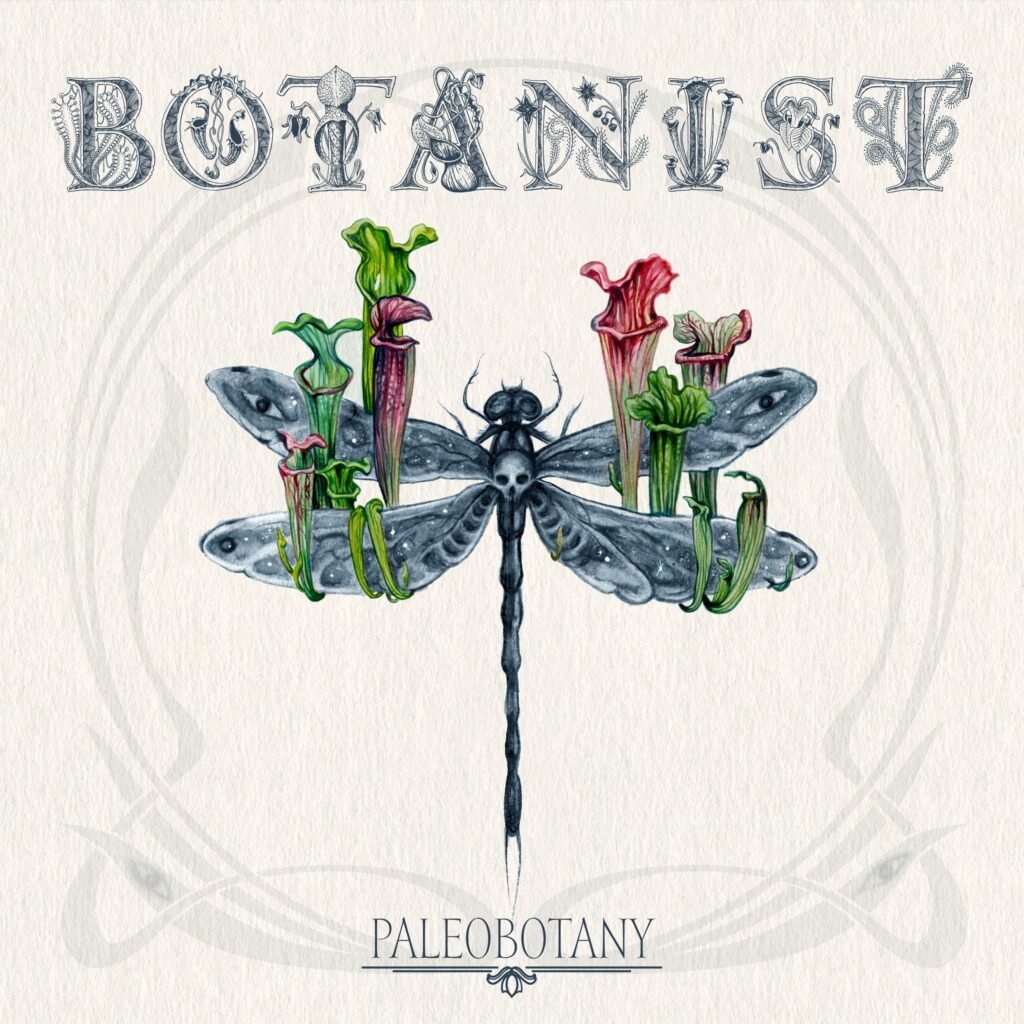Botanist is a black steel band that makes use of hammered dulcimers as an alternative of guitars. Again in 2009, this may’ve been sufficient to lift folks’s eyebrows. However after 15 years and 11 full-lengths, the brainchild of 1 Otrebor has had to growth past its peculiar instrumentation.
Evolving from a solo undertaking to a complete band, the songwriting in the back of Botanist has measurably grown. Now not handiest that, however the soundscapes themselves have grow to be particularly fascinating in contemporary releases. Take final 12 months’s Selenotrope as an example, wherein the typically screamed vocals took on a whispery high quality. For Paleobotany, the vocals once more grow to be the obvious trade. Otrebor‘s blank vocals stake a formidable, emotive declare in this album. The consequences, whilst extra available, display Botanist striving to grow to be greater than an experiment and grow to be a extra common addition to the pantheon of contemporary tune.
The verdict to change issues up like this can pay dividends proper off the bat as it emphasizes that not anything about “Aristolochia” will have to marvel any person who has heard even a few of Botanist‘s tune. The tinny, reverberant ringing of the dulcimer does precisely what it will have to inside the black steel context, with the drums and bass giving the propulsion and bulk essential to fill out the preparations. However Otrebor‘s vocals instantly grow to be the display stopper, hanging a steadiness between the airy serenades of Neige (Alcest) and the theatrical austerity of Kristoffer Rygg (Ulver). In all probability to worry this new path, the hole monitor has nearly no growls in any respect, and even if they come they are noticeably now within the combine. The dynamics and harmonic stress of the blank making a song take heart level.
There is something undeniably superior a few blast beat accompanied through making a song as an alternative of screaming, which is precisely why the refrain of “When Forests Became to Coal” hits so exhausting. The dulcimers spiral via layers of team spirit and dissonance along a in point of fact gorgeous vocal efficiency, crowned off through bassy throat making a song. The results of this melodic manner lend a hand open the Botanist as much as other sonic territories, just like the groovy bass line that begins “Magnolis.” Even so, the rhythm phase by no means deviates too a long way from the atmospheric black steel foundations, which in flip assists in keeping the dulcimers returning to the Burzum-ish high quality they have got possessed (a minimum of, within the realm of chords, shifting strains, and modulations).
The overarching awesomeness of Paleobotany is how firmly Botanist has established itself as way over an experiment with unorthodox instrumentation. A monitor like “Archaeamphora,” through any same old, is a smart addition to prog-ish tune. Even because it makes use of the good-cop-bad-cop vocal interaction, the sheer attractiveness and atmosphere of the monitor simply deepen over its six-minute run time. In some circumstances, the bass takes extra of the highlight than the dulcimers, which says so much. Even if a minimize like “The Have an effect on That Constructed the Amazon” focuses fully at the dulcimer, it serves as an acoustic ballad with soulful lyricism. The purpose is, Otrebor and corporate are focusing increasingly on songwriting, and it is paying off.
Because the album progresses it kind of feels that Botanist handiest will get extra pleased with its selected shape, as “Sigillaria” comes off extra like a Crimson Floyd music than the rest remotely black steel. Bring to mind it like Katatonia or Opeth, channeling their distinctive musicianship into one thing much less punishing. It really works reasonably naturally, making an allowance for how patently non-heavy dulcimers are. In all probability it is a herbal extension, as an alternative of locking in with the growl-centered “Strychnos Electri.” On this means, deeper cuts like this veer nearer to vintage Botanist than the primary handful of songs.
On this means, long-time fanatics of Paleobotany will nonetheless get a lot of the dulcimer black steel goodness they have got come to like. The one actual factor turns into the way in which the decrease, extra death-metally vocal supply is just a little of a distinction with the high-end trills of the instrumentation. It isn’t badly carried out, however a minimum of a few of the ones sorrowful black steel shrieks would were a pleasing distinction to the bestial snarlings on “Wollemia Nobilis.” Fortuitously, any slack is suitably picked up through “Dioon,” with its excitable drum soloing, multilayer vocal harmonies (a los angeles Viking-era Bathory), and virtually djenty drums.
For the album to return complete circle for a last burst of melodious jubilation via “Royal Protea” speaks to how a lot emotional floor Botanist effectively covers. Overwhelming, but calming, Botanist continues to seek out new tactics of bringing their sound into new territories. They might have used their “dulcimer steel” as a gimmick however as an alternative used it to carve an ever-deeper area of interest within the trendy underground.


